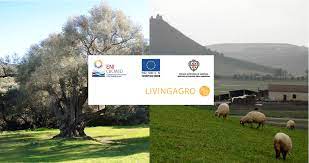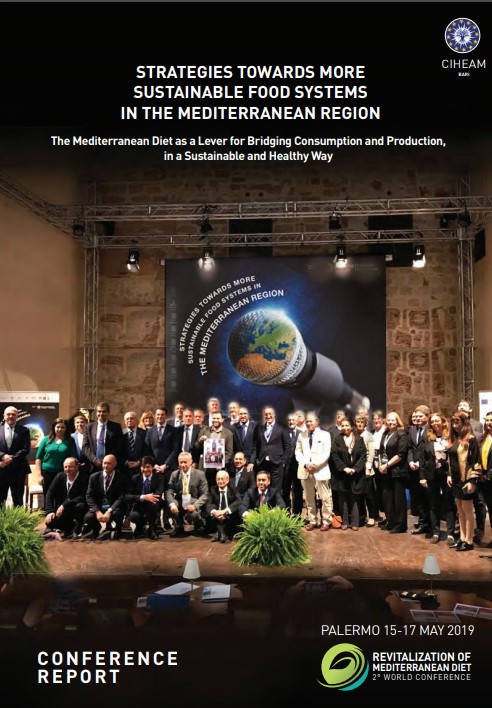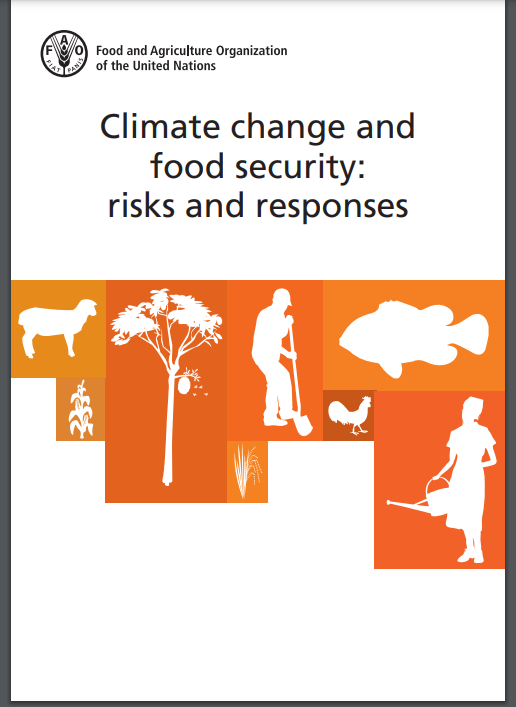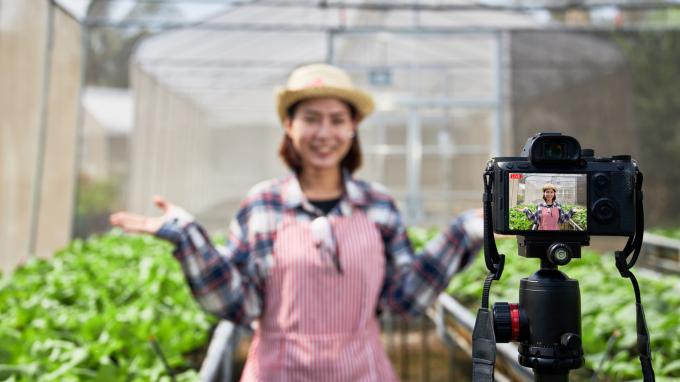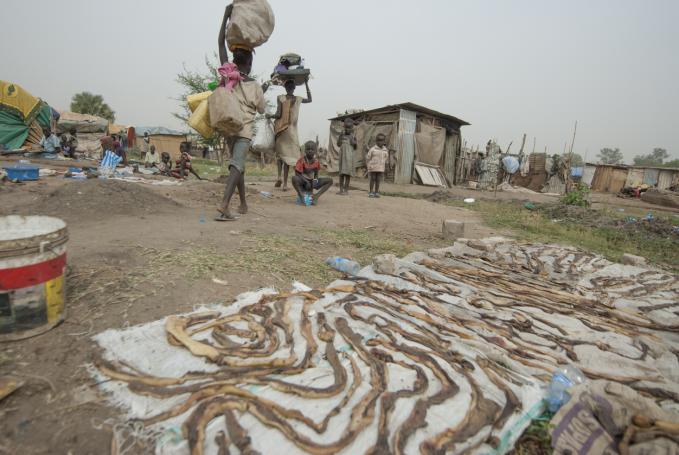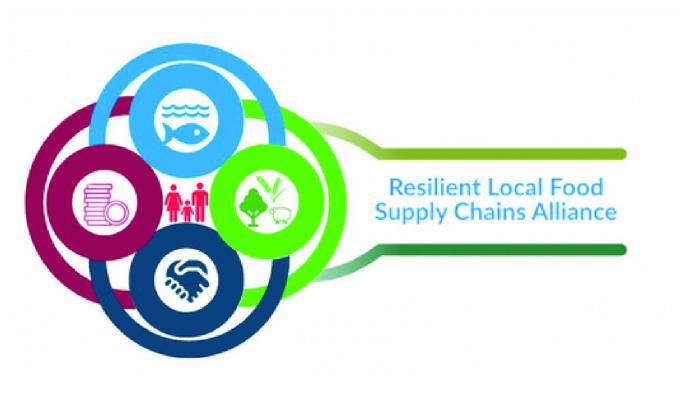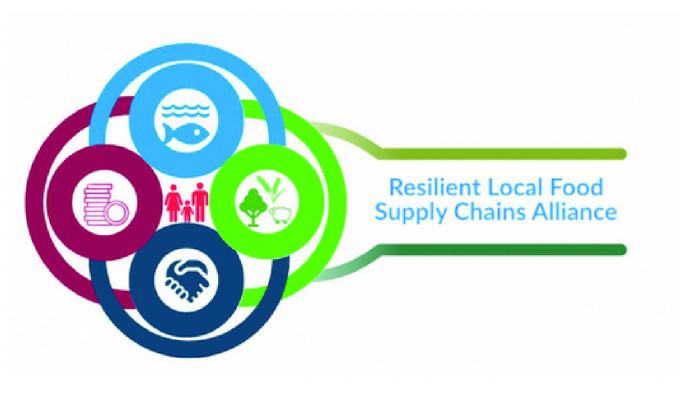GOOD PRACTICE

Enhancing market access for argan oil through the promotion of GPI standards and fostering collaboration among rural women in the sector
Morocco
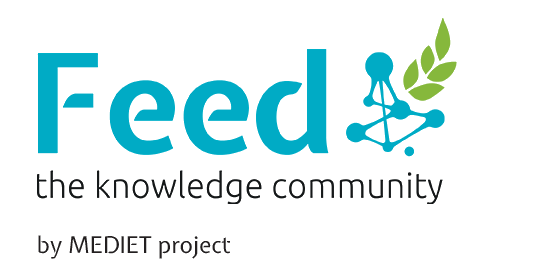
This initiative targets the Argan oil value chain and promotes stakeholder collaboration to improve market access. The promotion of standards, facilitation of partnerships and advocacy for geographical indications will increase international market penetration. This practice encourages compliance with quality standards and supports the argan tree sector in the importance of traditional knowledge at the level of women's cooperatives that ensure the pre-extraction phase.
You must be registered to see all the content
The PAMPAT project intervention focuses on improving the market access of the value chain. This involves supporting public and private institutions, cooperatives, companies, FIMARGANE and its member associations directly involved in the development and promotion of Argan oil to develop a common vision for the value chain. PAMPAT also strengthens the links and partnerships between the different actors in the value chain through the introduction of standard contracts and the development of partnerships and consortia, promoting the use of the "Argan Geographical Indication" label among the different actors in the value chain, buyers and consumers, and improving the marketing mix to facilitate the access of these products to international markets.
The PAMPAT project has improved market access for the value chain by bringing operators in the sector into compliance with national and international standards. Efforts have been made to increase the number of operators and to assist them in obtaining ONSSA authorisation and PGI certification. In addition, in order to ensure the sustainability of operators' compliance and the integration of quality in the argan value chain, a guide to good hygiene and sanitary practices has been developed in collaboration with the Interprofession, which will serve as a reference, as well as the implementation of a traceability software for PGI certification. Significant efforts have also been made to strengthen cooperation between the links in the value chain and, in this context, two export consortia have been supported in market analysis, the definition of a competitive branding around the PGI and participation in international fairs and exhibitions.
The project strengthened the organisation and governance of the selected value chains, improved productivity, quality compliance with the Protected Geographical Indication (PGI) Code of Practice and the newly introduced Law on Hygiene and Safety Standards (28/07) of small rural producers and SMEs, and strengthened their position in both domestic and export markets through the creation of export consortia. By adding value along the entire value chain, the project contributed significantly to improving livelihoods, creating jobs and promoting sustainable and inclusive local economic development. The project also triggered the organisation of the first national competition for terroir products, now in its third edition, as well as various South-South cooperation activities and the promotion of UNIDO's approach to geographical indications in various West African countries.
The argan tree played an important socio-economic role in the local culture. The argan tree sector is characterised by the importance of traditional knowledge at the level of women's cooperatives, which ensure the pre-extraction phase. Annual production of argan oil is around 4000 tonnes/oil, but only 10% of national production is exported. As a result, most of the profits from the worldwide sale of products processed from argan oil do not reach the local community. In addition, the market requires strict regulations. It frees them from having to compete on price with the standard. Although the argan industry has received considerable support over the past decade due to its uniqueness, there are still critical challenges in the value chain, such as collection and management of the raw material, production and marketing, and governance.








